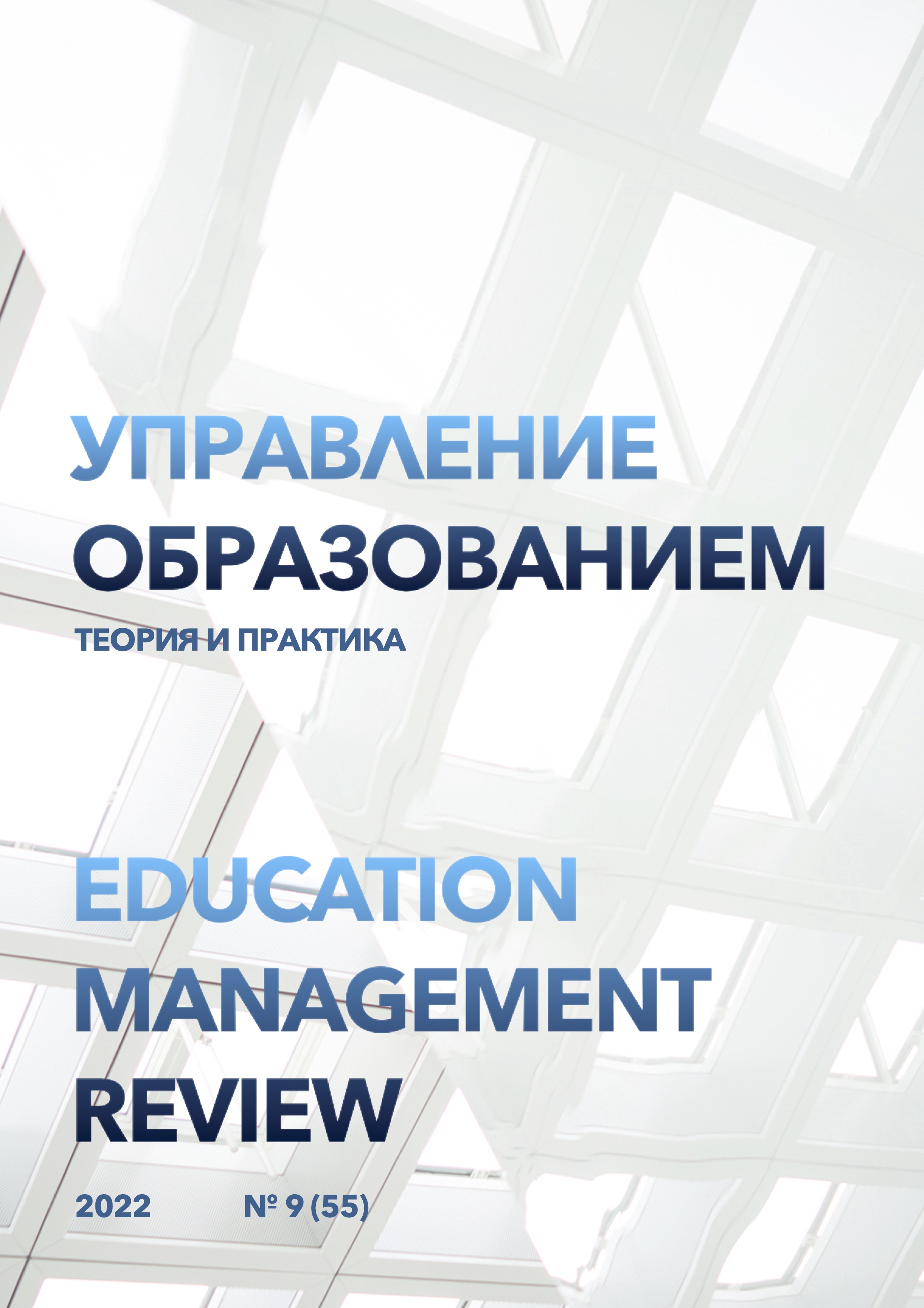Control of the level of formation of foreign language competence of students of higher educational institutions
DOI:
https://doi.org/10.25726/s0211-1392-0251-uKeywords:
future professionals, non-linguistic university, English, foreign Ministry universities, developmentAbstract
The problem of training university students in the MFA system is multidimensional and multidimensional, as evidenced by the intensification of scientific research in the formation of a new generation of officers: responsible, independent, proactive, flexible, capable of analyzing the economic and political situation, making appropriate decisions, as well as able to creatively solve professional and life tasks. A significant number of scientists studied the psychological and pedagogical aspects of learning a foreign language and the development of foreign language abilities of students of non-linguistic universities, namely: methods of activating the educational and cognitive activity of future officers in the process of learning a foreign language; the development of foreign language abilities of a future professional; the formation of self-esteem of students of non-linguistic universities in the process of teaching a foreign language; pedagogical conditions of intensive foreign language teaching at cadets; psychological conditions for improving the effectiveness of foreign language teaching in universities of the MFA system, training of future translators by means of information and communication technologies in higher educational institutions of the MFA, methods of teaching professionally oriented listening to students of non-linguistic universities; professional competence of translators. Basically, foreign language competence in scientific research is considered as the formation of skills and abilities of students of higher educational institutions of the Ministry of Foreign Affairs, which is manifested in four main types of speech – speaking, listening, reading and writing. This assumes that the cadets have language knowledge – phonetic, grammatical, lexical and skills of operating with them, represented by motivational, operational and reflexive components.
References
Бикбулатова Г.Х. Развитие иноязычных компетенций обучающихся вузов МИД России // Современное педагогическое образование. 2022. № 4. С. 6-9. EDN FGXZVA.
Васкина Е.А. Теоретические и прикладные аспекты обучения аудированию в образовательных организациях МИД России //Обзор педагогических исследований. 2021. Т. 3. № 8. С. 167-170. EDN BNREIZ.
Гнездилова Е.В. Материалы периодической печати как средство формирования коммуникативной иноязычной компетенции в Барнаульском юридическом институте МИД России // Вестник Калининградского филиала Санкт-Петербургского университета МИД России. 2019. № 1(55). С. 113-116. EDN ZALNLV.
Гнездилова Е.В. Профессионально ориентированное обучениекак основа формирования иноязычной коммуникативной компетенции (на примере Барнаульского юридического института МИД России) // Вестник Барнаульского юридического института МИД России. 2021. № 1(40). С. 28-30. EDNVNSGMY.
Малкова Т.В. О способах активизации иноязычной коммуникативной компетенции курсантов образовательных организаций МИД России // Вестник Уфимского юридического института МИД России. 2016. № 2(72). С. 75-77. EDN WAWQXB.
Меркулова М.В. Роль аудирования в процессе развития иноязычной профессиональнокоммуникативной компетенции у обучающихся вузов МИД России // Актуальные проблемы борьбы с преступлениями и иными правонарушениями. 2016. № 16-2. С. 228-229. EDN VOFCGB.
Нестерова В.Е. Формирование профессионально направленной иноязычной коммуникативной компетенции при обучении иностранному языку в вузах МИД России // Актуальные проблемы борьбы с преступлениями и иными правонарушениями. 2016. № 16-2. С. 233-234. EDNVOFCHF.
Поддубная Н.Н. Влияние интерференции на формирование иноязычной коммуникативной компетенции у курсантов БЮИ МИД России // Вестник Барнаульского юридического института МИД России. 2020. № 1(38). С. 81-83. EDN ZMJWVA.
Поддубная Н.Н. Способы формирования иноязычной словообразовательной компетенции обучающихся в образовательных организациях системы МИД России // Актуальные проблемы борьбы с преступлениями и иными правонарушениями. 2022. № 22 2. С. 136-137. EDNHBHHNU.
Смирнова И.Ю. Формирование иноязычной профессионально-коммуникативной компетенции юристов и специалистов правоохранительной деятельности в вузах МИД / И. Ю. Смирнова // Развивающие аспекты лингвистического образования: проблемы и перспективы : сборник научных трудов, Нижний Новгород, 01–02 марта 2016 года. Нижний Новгород: Нижегородский государственный лингвистический университет им. Н.А. Добролюбова, 2016. С. 202-208. EDN XVVZPT.




